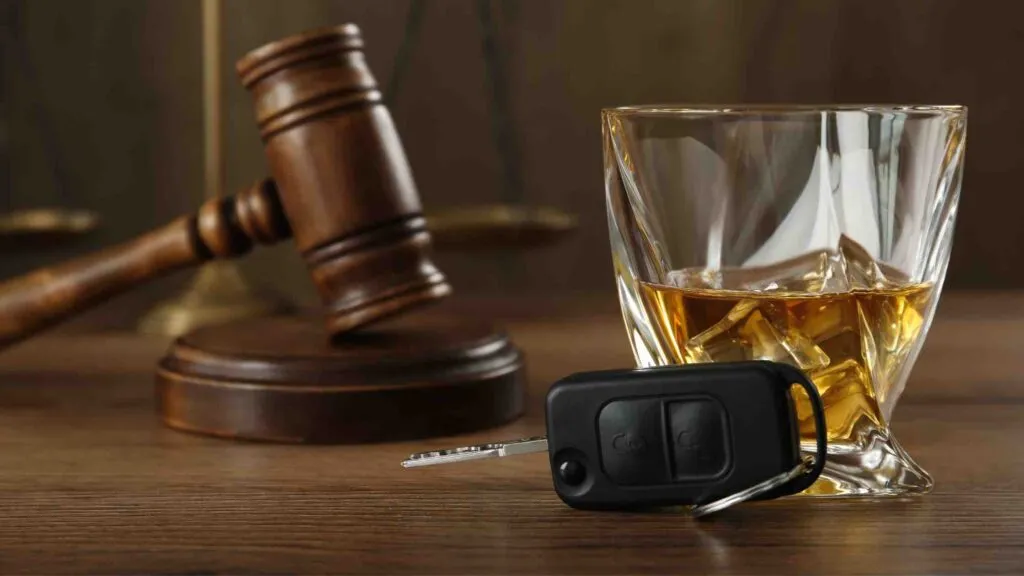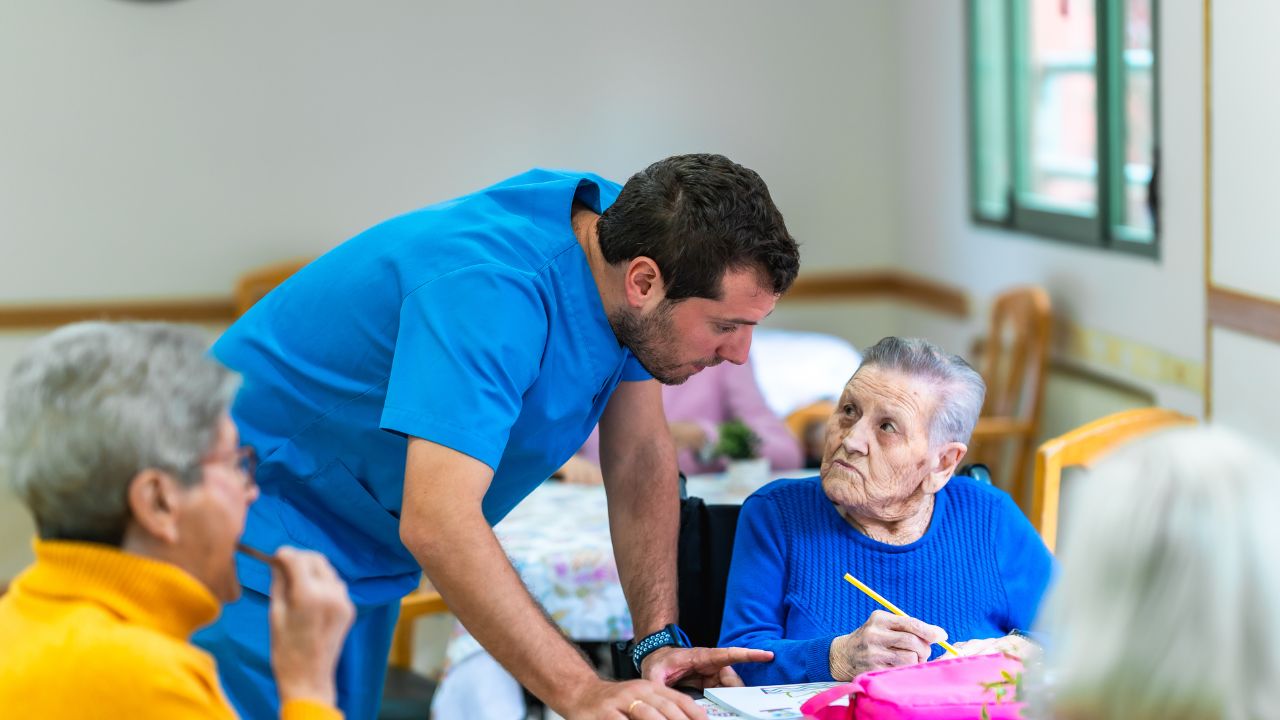Every day in the U.S, thirty-two people die in drunk-driving crashes—amounting to one person dying every forty-five minutes. In addition, more than one million drivers are arrested yearly for driving under the influence of alcohol or narcotics.
While alcohol-impaired driving accounts for the most significant portion of these arrests, other drugs—whether legal or illegal—such as marijuana, are also involved in deadly motor vehicle accidents.
If you're a nurse facing charges for driving under the influence (DUI) or driving while intoxicated (DWI), this can be an incredibly stressful time in your life as you consider the consequences of your actions and the implications this will have on your career. If you’re wondering what happens if a nurse gets a DUI, this blog post will provide an overview of what you need to consider before taking the next step and the possible legal, financial, and career consequences you may face as a registered nurse.
Please note this information is not state-specific, as every state has its own rules and regulations on how to report. In addition, this blog post is not intended as legal advice. Please consult a legal advisor familiar with DUI charges as you navigate this issue as a medical professional.
Difference between DUI and DWI

Although the terms DUI and DWI are sometimes used interchangeably, there are differences between these two charges.
DUI, an acronym for driving under the influence, could refer to the influence of alcohol, drugs, or other substances. Typically, a DUI refers to driving under the influence of alcohol, which is when your blood alcohol level exceeds the limit of 0.08%.
DWI, an acronym for driving while impaired or intoxicated, typically refers to driving under the influence of drugs, whether they are prescription or nonprescription, legal or illegal.
The difference between a DUI and a DWI will depend on state laws. In some states, they are considered interchangeable; in others, the financial and legal penalties differ between these charges.
Can You Be a Nurse with a DUI?
One of the top questions following a DUI or DWI charge is this: Can a nurse be fired for having a DUI? For first-time offenders, a DUI charge will likely not end your career as a registered nurse, according to attorney Robert Chelle. However, this depends on numerous factors, such as your blood alcohol level, whether you have any additional charges in addition to the DUI, etc.
It's essential to remember that driving while under the influence of alcohol or drugs—even if the drugs are legal—can have devastating life-and-death impacts on you personally, other people on the road, and your reputation and career. Your nursing license can be revoked or suspended for a DUI or DWI.
While some nurses can continue working despite being charged or convicted of a DUI, they may be required to work under supervision or follow other policies. Regardless of the outcome of your criminal charge and the nursing board's decision, your hospital or clinic may have its own policy regarding this issue. Ultimately, it is your employer's decision if they discipline, suspend, or even terminate you because of your choice to drive while under the influence.
What Happens If a Nurse Gets a DUI?
If you've been charged, one of your main concerns may be if a nurse can lose her license for a DUI. We highly recommend that you retain legal counsel from someone equipped to support you in navigating your responsibilities and next steps. A lawyer can also brief you on your reporting requirements as a registered nurse and walk you through the process to help you know what to expect.
Typically, the first step in handling a DUI charge is researching if your board has a reporting requirement. These requirements will differ depending on your state, as some states require nurses to report DUI charges while others only require registered nurses to report DUI convictions. If you live in a state that requires the latter and you were charged but not convicted for a DUI, you would not need to report this charge to your board.
You also need to research when you're required to report this charge or conviction to your board. Again, depending on the state where you live or work, you may be required to report a DUI when you're charged or convicted or when it's time to renew your nursing license. For example, a nurse in New York state must self-report a DUI criminal conviction every three years when they renew their nursing license. In California, the nursing board requires nurses to self-report convictions within thirty days from the date of court action.
Filing a Report After a DUI

If you've retained legal counsel, your lawyer will advise you on how best to file a report following a DUI charge or conviction and what information you need to include.
Attorney Robert Chelle of Chelle Law in Arizona, who counsels nurses charged with driving under the influence, advises the following: "The basic requirement is that you simply put them on notice of what happened criminally, but it doesn't mean you need to give every single detail about what happened."
Chelle recommends sharing factual details such as your criminal charge, arraignment date or conviction, and other facts without giving "any more information than you have to."
According to Chelle, the biggest concern of a nursing board is that a registered nurse may have a substance abuse issue. Consequently, they will treat cases differently depending on circumstances, such as if this is your first DUI or your third or if you've violated the terms of your probation.
Seeking Support for Alcohol Recovery
If a nursing board is concerned about your alcohol or drug use, the board may have you undergo a substance abuse evaluation by a psychologist who will write recommendations to the board. The board may present options to participate in a confidential monitoring program to ensure you responsibly consume alcohol or other substances.
Outside of any obligations you may have, you may want to reassess your relationship with alcohol and other substances, regardless of whether you've been convicted or not.
If you believe you have a problem with alcohol or narcotics, consider seeking professional support from a local Alcoholics Anonymous or Narcotics Anonymous group.
Numerous drug abuse hotlines provide free, confidential support, such as the following:
- National Council On Alcoholism And Drug Dependence: 1-800-NCA-CALL (1-800-622-2255)
- National Institute On Drug Abuse (NIDA): 1-800-662-HELP (1-800-662-4357)
- Substance Abuse And Mental Health Services Administration (SAMHSA) National Helpline: 1-800-662-HELP (1-800-662-4357), or 1 (800) 487-4889 (TDD) for hearing impaired
If you’re concerned about your dependence on alcohol or other substances, please reach out for support. Many employers and insurance providers also offer a wide range of support to those seeking to recover from alcohol or drug abuse.
While a DUI or DWI charge may not necessarily signal the end of your career, it can be a wake-up call to getting the support you need.














